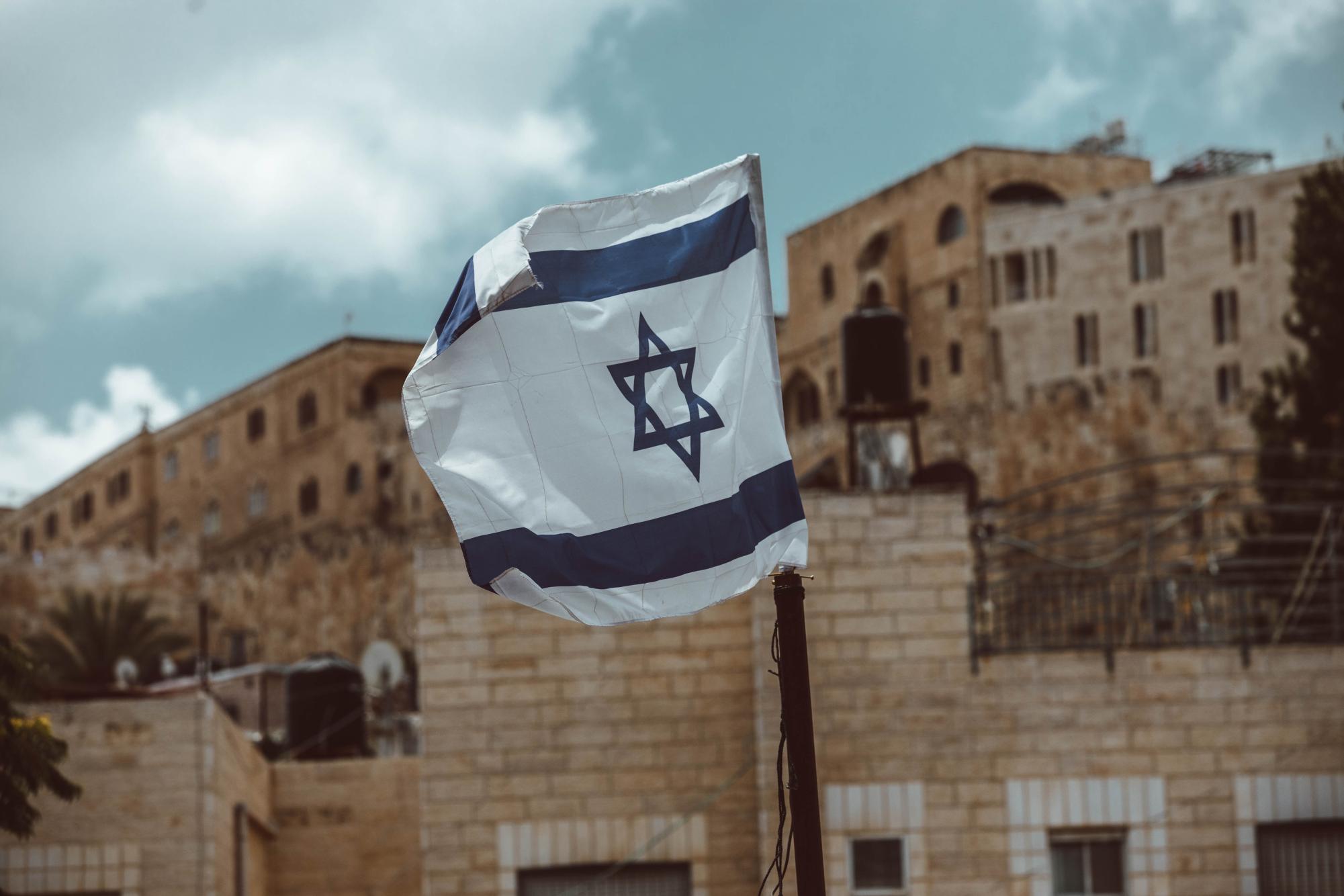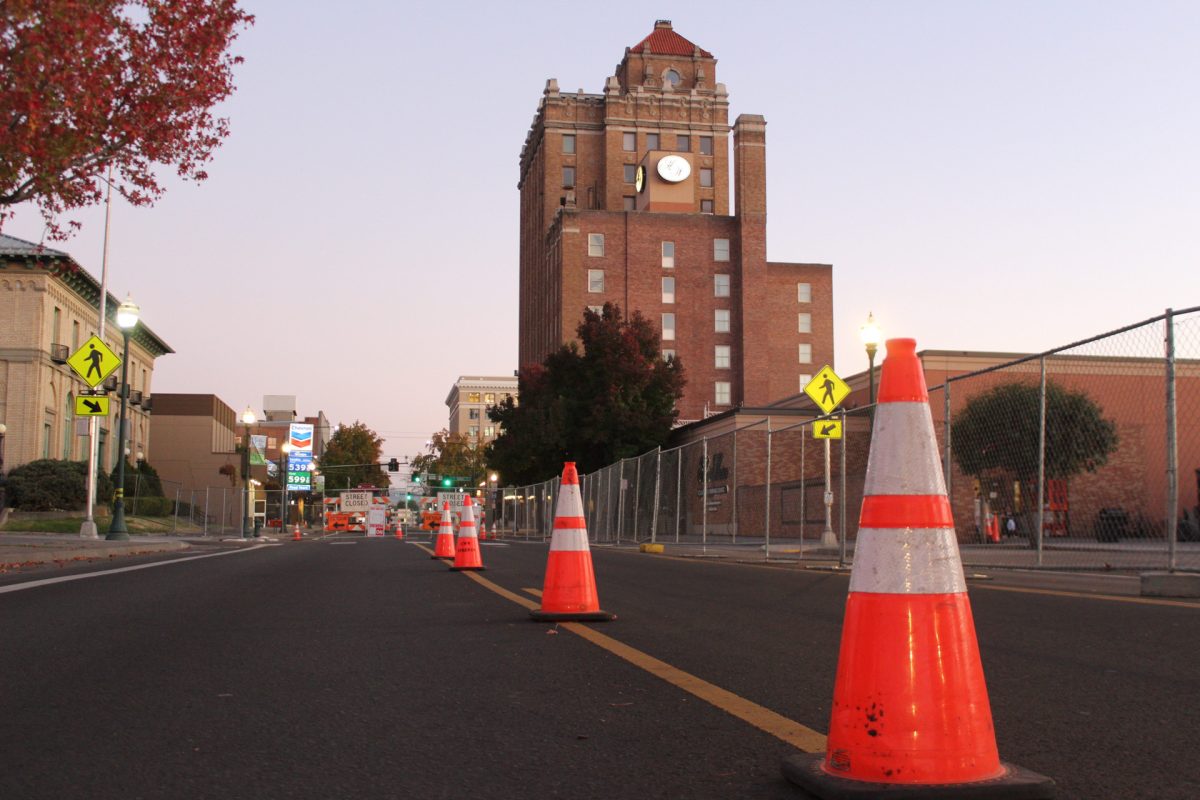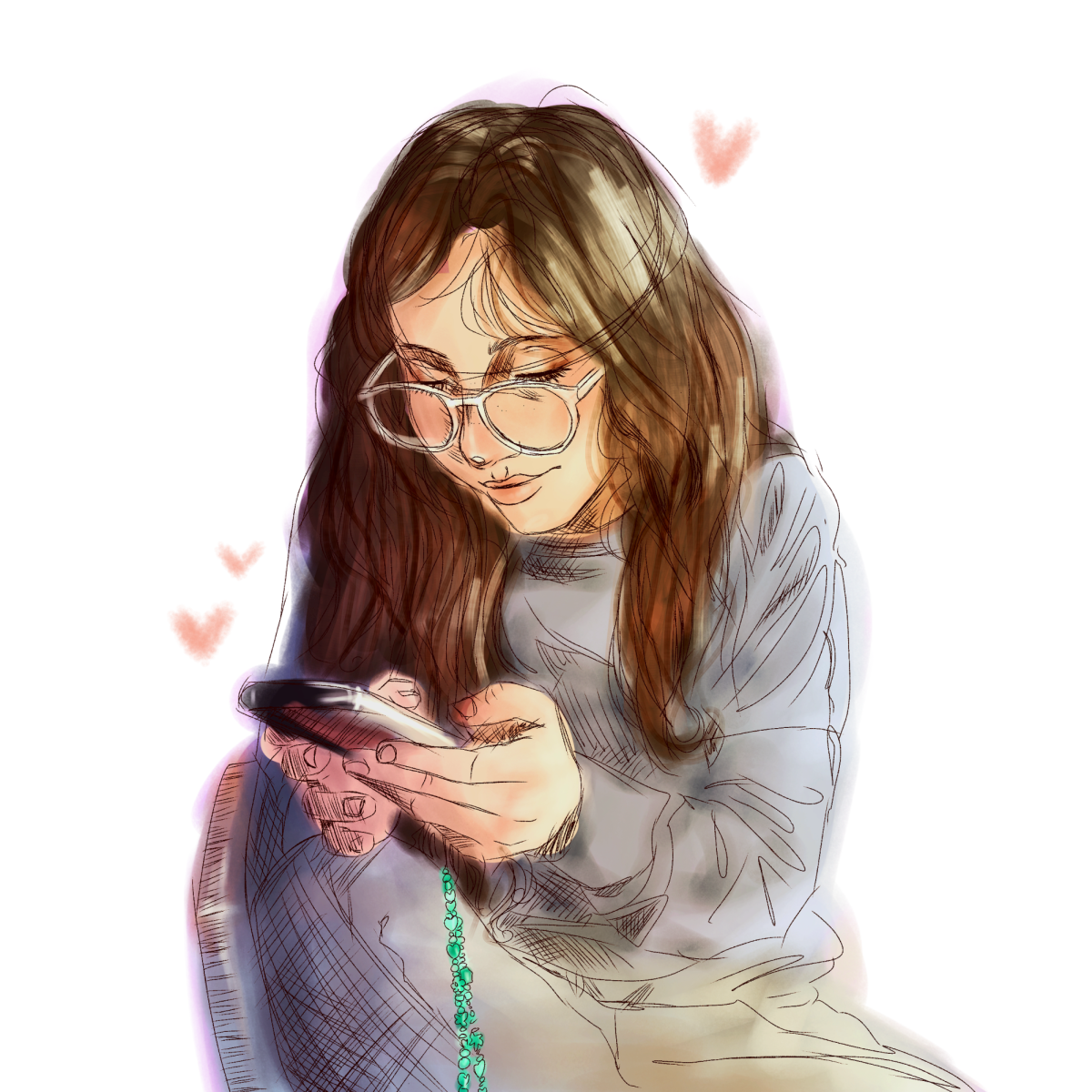
In a move that has been dubbed by the New York Times as questioning the sanctity of Israeli democracy, the Israeli Supreme Court has begun to debate over Prime Minister Benjamin Natanyahu’s attempt to overthrow Israel’s electoral policy and weaken the nation’s judicial powers. The ‘democracy’ Israelis — and some Americans — are fighting to keep, however, is a lie that has denied Palestinians a voice since the creation of Israel in 1948. Current pro-democracy protests in Israel invoke phrases such as “Israel is the only democracy in the Middle East,” hiding the brutal reality of colonialism and occupation for many Palestinians and shifting the public discourse away from challenging settler colonialism. In this focus on ‘democracy’ in Israel, Palestinians are eclipsed two-fold: in the nature of Israel as a settler colonial project and within the Israeli state that, as a religious/ethnic nation-state, fundamentally excludes Palestinians.
As Israeli-Irish scholar Ronit Lentin said, “The colonization of Palestine was the culmination of the gradual Zionist colonial project in Palestine since the late nineteenth century … The Israeli occupation of Palestine is considered to be the longest military occupation in the world today” (Traces of Racial Exception 6). Israel’s settler colonial origin removed, and continues to remove, Palestinians from the land. Lentin describes how a portion of colonized Palestinians who were subsumed into Israel live as internal refugees. This group of Palestinians, along with the other millions of Palestinians displaced into exile since 1948, constitute a fundamental exclusion in the ‘democracy’ of Israel. When the democratic validity of Israel is questioned in terms of judicial power, like it is today, the entire ongoing settler colonial reality for Palestinians and Israel is eclipsed; colonized and exiled Palestinians are rendered natural, unimportant and unheard.
If the Palestinian cause is forgotten amid the roars for democracy, then, as history has shown, it may not be democracy that provides the necessary critique of colonialism in order to liberate Palestinians. Author and theorist Edward Said explains that, “If a Jewish state is created by and for the Jewish people, then it must be the case that non-Jews are posited as radically other, fundamentally and constitutively different” (An Ideology of Difference 42). Said identifies how this fundamentally religious nature of Israel is grounded in the exclusion of any non-Jew, opening up a universal critique of the nation-state which is also based in the citizen/non-citizen divide. It is not simply that the non-Jewish other is excluded, but that the Palestinian’s displacement is “constitutive,” i.e. necessary, for the coherence of a Jewish nation-state. As hundreds of thousands of Israelis take the streets to preserve their seemingly democratic state, many of them feel that the Palestinian question cannot be answered without democracy in Israel. However, a democratic Israel will still exist on Palestinian land. If Palestinian displacement is necessary for Israel’s existence, as Said explains, then democracy is merely a solution for Israeli settlers who benefit from western support and liberal capitalism, and it will never be a solution for Palestinians who have been impacted by the myth that Israel is the only democracy in the Middle East.
Palestinian citizens who vote and are represented in the Israeli government make up roughly one-fifth of Israel’s population, but even they don’t enjoy all the rights of a citizen. For starters, Palestinian citizens are unable to buy land from Jewish landowners, experience much higher rates of poverty than Israeli Jews and live under the constant reality of settler colonialism – a reality reinforced through checkpoints, raids, barriers etc. And, at the base of it all, even these Palestinians who are citizens remain necessarily excluded from Israel. Palestinian citizens are institutionally considered to be permanent non-nationals within the state of Israel, as Israel’s 2018 Nation-State Law states that “the right to national self-determination … is unique to the Jewish People.”
This leaves us with something more complicated than an isolated critique of the rhetoric of democracy in Israel. It’s vital that we question democracy’s function in Israel while placing settler colonialism at the forefront of the debate. How does a discussion about democratic values render natural the colonial nature of other countries? What does it mean to substantially engage the conversation about the origin stories of nation-states?
If you are interested in questions like these ones, or in conversations surrounding Palestine and Israel, solidarity, and democracy, sign up for Whitman Students for Justice in Palestine club, join one of our faculty presentations this year, or come to a meeting (Sundays at 1 pm in Reid 207).














Josh • Oct 25, 2023 at 11:34 pm
Arabs enjoy more democracy in Israel than they do in any Arab majority country. (Name a single state more democratic than Israel in the middle east-)
This goes to the heart of the type of left wing thinking thats destructive. Instead of actually trying to uplift the downtrodden, there’s just this fixation on tearing down the successful.
Eric C • Oct 12, 2023 at 8:05 pm
Please share your thoughts on the murder of babies and the elderly by your Palestinian friends.
Feras Natsheh • Sep 30, 2023 at 12:12 pm
Great article! I really like the way it highlights the contrasts between Israel’s democratic image and the Palestinian reality, which evokes crucial reflections on Israel’s democratic facade.
Kathy Kenny • Sep 28, 2023 at 4:33 pm
Thank you for publishing this excellent and brave piece. You get it and you’re telling others the unvarnished truth.